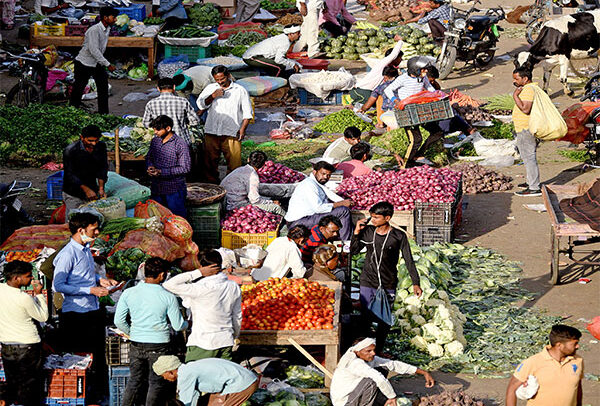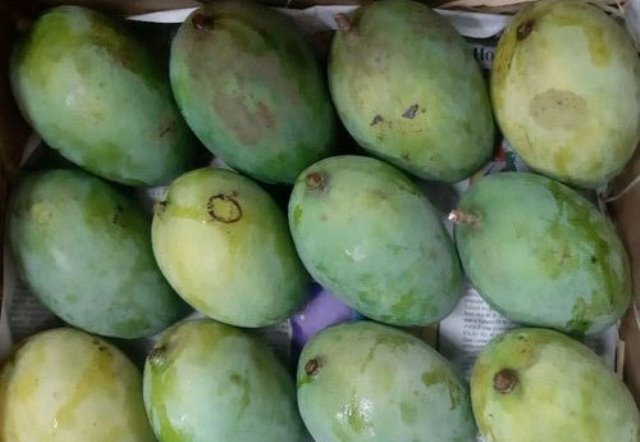Bucking the trend, retail inflation in India rose considerably in June to 4.81 per cent, largely due to a sharp spurt in vegetable prices. The inflation index for rural and urban was 4.72 per cent and 4.96 per cent, respectively.
Back in May, the retail inflation was at 4.25 per cent, hitting a two-year low. It was at 4.7 per cent in April and 5.7 per cent the previous month.
According to the Ministry of Statistics and Programme Implementation data released Wednesday, the provisional index number for vegetables rose from 161.0 in May to 180.6 in June. Vegetables have a 6 per cent weightage on the overall retail inflation.
The rise in inflation could partly be attributed to the current spurt in tomato prices across India. The rise in tomato prices is reported across the country, and not just limited to a particular region or geography. In key cities, it rose to as high as Rs 150-160 per kg.
Amid a sharp spurt in tomato prices across the country, the Central government on Wednesday directed its agencies – NAFED and NCCF — to immediately procure the staple vegetable from mandis in key growing states of Andhra Pradesh, Karnataka, and Maharashtra.
Besides vegetables, meat and fish; eggs; pulses and products; spices indices too saw an uptick.
Notably, retail inflation (Consumer Price Index) in India peaked at 7.8 per cent in April 2022, driven by a reduction in food and core inflation. In some advanced countries, inflation had in fact touched a multi-decade high and even breached the 10 per cent mark.
RBI’s consistent monetary policy tightening since mid-2022 could be attributed to the substantial decline in inflation numbers in India. India’s retail inflation was above RBI’s 6 per cent target for three consecutive quarters and had managed to fall back to the RBI’s comfort zone only in November 2022.
Under the flexible inflation targeting framework, the RBI is deemed to have failed in managing price rises if the CPI-based inflation is outside the 2-6 per cent range for three quarters in a row. Barring the recent pauses, the RBI has raised the repo rate by 250 basis points cumulatively since May 2022 in the fight against inflation.
Raising interest rates is a monetary policy instrument that typically helps suppress demand in the economy, thereby helping the inflation rate decline.
Coming to wholesale inflation, it continued to stay in the negative zone for the second straight month in May. It hit a three-year low at minus 3.48 per cent in May, as against minus 0.92 the previous month.
The decrease in wholesale inflation is mainly attributed to the decline in cereals, wheat, vegetables, potato, fruits, eggs meat and fish, oilseeds, minerals, crude petroleum and natural gas, and steel among others in May.
The government releases index numbers of wholesale prices on a monthly basis on the 14th of every month (or the next working day). The index numbers are compiled with data received from institutional sources and selected manufacturing units across the country.
The latest negative wholesale inflation has been reported for the first time since July 2020. Wholesale inflation has been easing and in March it was at 1.34 per cent against 3.85 per cent in February.
Overall wholesale inflation was 8.39 per cent in October and has fallen since then. Notably, the wholesale price index (WPI)-based inflation had been in double digits for 18 months in a row till September. (ANI)
Read More: https://lokmarg.com/

